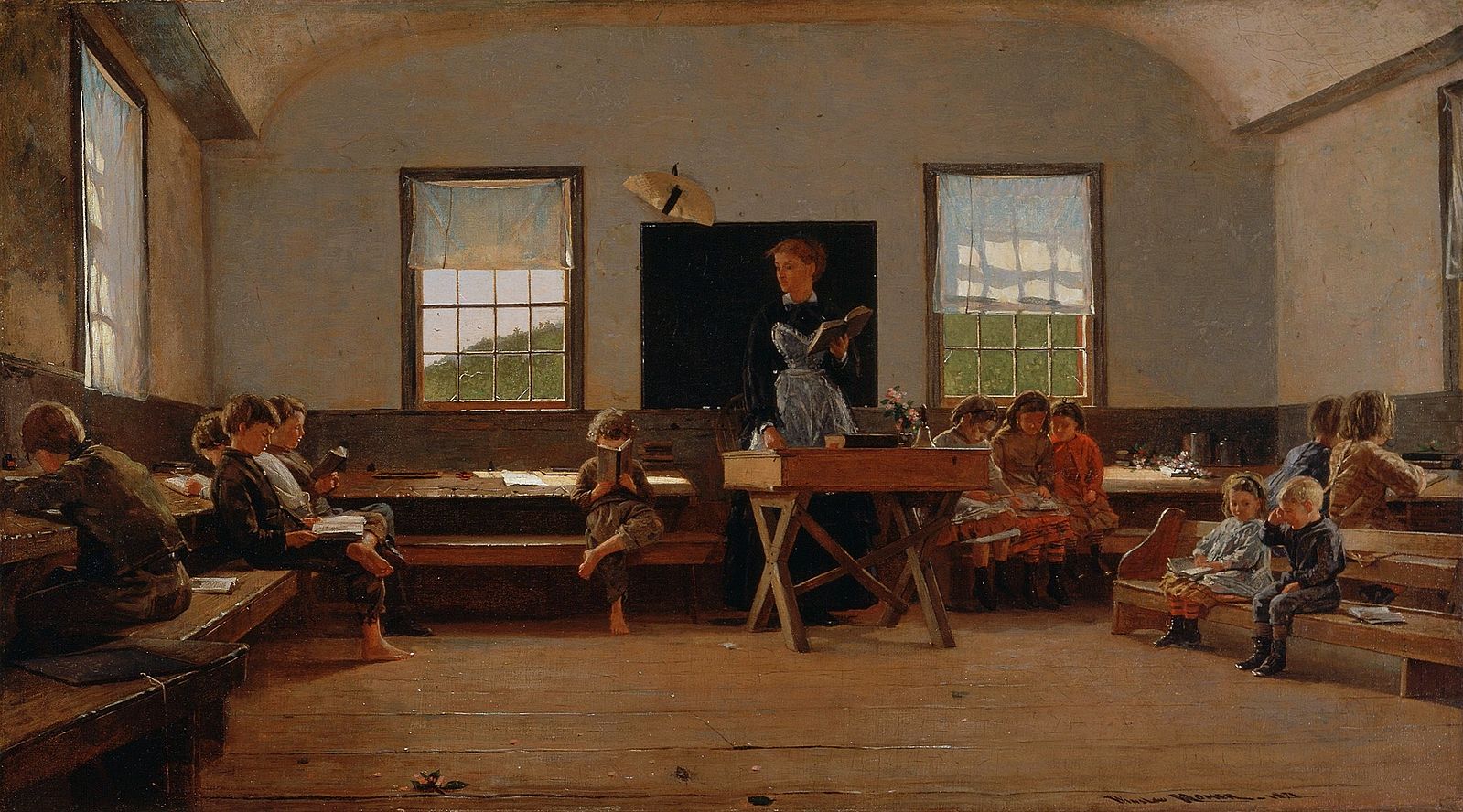The Civil Rights Movement
In Summary
“One day the South will know that when these disinherited children of God sat down at lunch counters, they were in reality standing up for what is best in the American dream and for the most sacred values in our Judaeo Christian heritage, thereby bringing our nation back to those great wells of democracy which were dug deep by the founding fathers in their formulation of the Constitution and the Declaration of Independence.”
Martin Luther King, Jr.
“Letter from a Birmingham Jail”
A critical moment in American history, the Civil Rights Movement of the 1950s and 60s demanded political equality for Black Americans. Two Civil Rights leaders highlighted here, Martin Luther King, Jr. and Malcolm X, offer different perspectives on what actions should be taken to secure the freedom and equality promised in the Constitution for Black Americans. Both King and Malcolm X were deeply religious men and continued the tradition of religious leaders advocating for equality for Black people in the United States from the abolition movement to the Civil Rights Movement.
JMC Resources

Martin Luther King, Jr.
As a leader of the Civil Rights Movement of the 1950s and 60s, Martin Luther King, Jr. gave many speeches demanding political and legal equality for Black Americans. He led nonviolent demonstrations and was arrested multiple times for his role in organized protests against unjust discrimination and segregation laws. His “Letter from a Birmingham Jail” was prompted by the letter from eight Alabama clergymen below. His famous “I Have a Dream” speech from the March on Washington in 1963 describes his hopes for Black Americans and the nation. Learn more about King and his legacy on the Martin Luther King, Jr. Discovery Page.
Letter from a Group of Clergymen to Martin Luther King, 1963
Martin Luther King, Jr. “Letter from a Birmingham Jail,” 1963

Malcolm X
Malcolm X, a contemporary and critic of Martin Luther King, Jr., was an advocate of Black nationalism and the Nation of Islam for much of his life. Though his beliefs evolved over time, he remained a strong proponent of Islam and believed that if the U.S. government was not going to protect Black Americans from harm, they should protect themselves. One of his most famous speeches, “The Ballot or the Bullet,” describes the need for both political action and nonpolitical action – violence, if necessary – from Black Americans to secure the rights being denied to them by the government.

Religious Sermons
The fight for equality for Black Americans began long before the Civil Rights Movement of the 1950s and 60s. Throughout the abolition and civil rights movements, religious leaders used sermons to call out the injustices of slavery, the slave trade, and legal segregation.
Absalom Jones, “A Thanksgiving Sermon,” 1808
Francis Grimke, “A Resemblance and a Contrast,” 1902
Martin Luther King, “The Death of Evil upon the Seashore,” 1956

Supreme Court Decisions
Constitutional acknowledgement of the rights sought by King, Malcolm X, and other Civil Rights leaders came through multiple Supreme Court decisions. Plessy v. Ferguson (1896) and Brown v. Board of Education I (1954) & II (1955) examine the equal protection clause of the Fourteenth Amendment and its historical relation to race discrimination. In Plessy v. Ferguson (1896), the Supreme Court ruled its infamous “separate but equal” doctrine, condoning segregation based on race. The decision was later overturned in Brown v. Board of Education I & II, the first declaring the “separate but equal” doctrine unconstitutional and the second implementing racial desegregation “with all deliberate speed.”
Brown v. Board of Education of Topeka Kansas I & II
Heart of Atlanta Motel v. United States (1964) and the Interstate Commerce Doctrine examine the constitutional foundation of interstate commerce for the 1964 Civil Rights Act and the 1965 Voting Rights Act. In Heart of Atlanta Motel v. United States (1964), the Supreme Court gave Congress broad powers to use the commerce clause to regulate moral wrongs that occurred in interstate commerce.
Heart of Atlanta Motel v. United States (1964)
Evolution of the Interstate Commerce Doctrine
In Shelby County v. Holder (2013), the Court struck down the Voting Rights Acts’ coverage formula, finding it outdated. Jurisdictions that qualified had to undergo “preclearance,” which meant they could not change their voting procedures until the modifications were approved by the U.S. Justice Department. The Court found that the formula was based on previous racially discriminatory practices and low voter registration that no longer applied. Civil rights activists criticized the Court for eliminating the Act’s most effective provision against racial discrimination.

The Civil Rights Movement in the Classroom
JMC Teacher Education Fellow, Dr. Danton Kostandarithes, has developed learning modules to bring the Civil Rights Movement and Martin Luther King, Jr.’s “Letter from a Birmingham Jail” to students. The activities below include political cartoons from the era, excerpts from “Letter from a Birmingham Jail,” and photographs from protestors advocating for equality in the Civil Rights Movement.
Martin Luther King and the Civil Rights Movement
Other Resources
The Civil Rights Movement
Bill of Rights Institute
Civil Rights and the Cold War
NEH EDSITEment!
Places and People of the Civil Rights Movement
NEH EDSITEment!